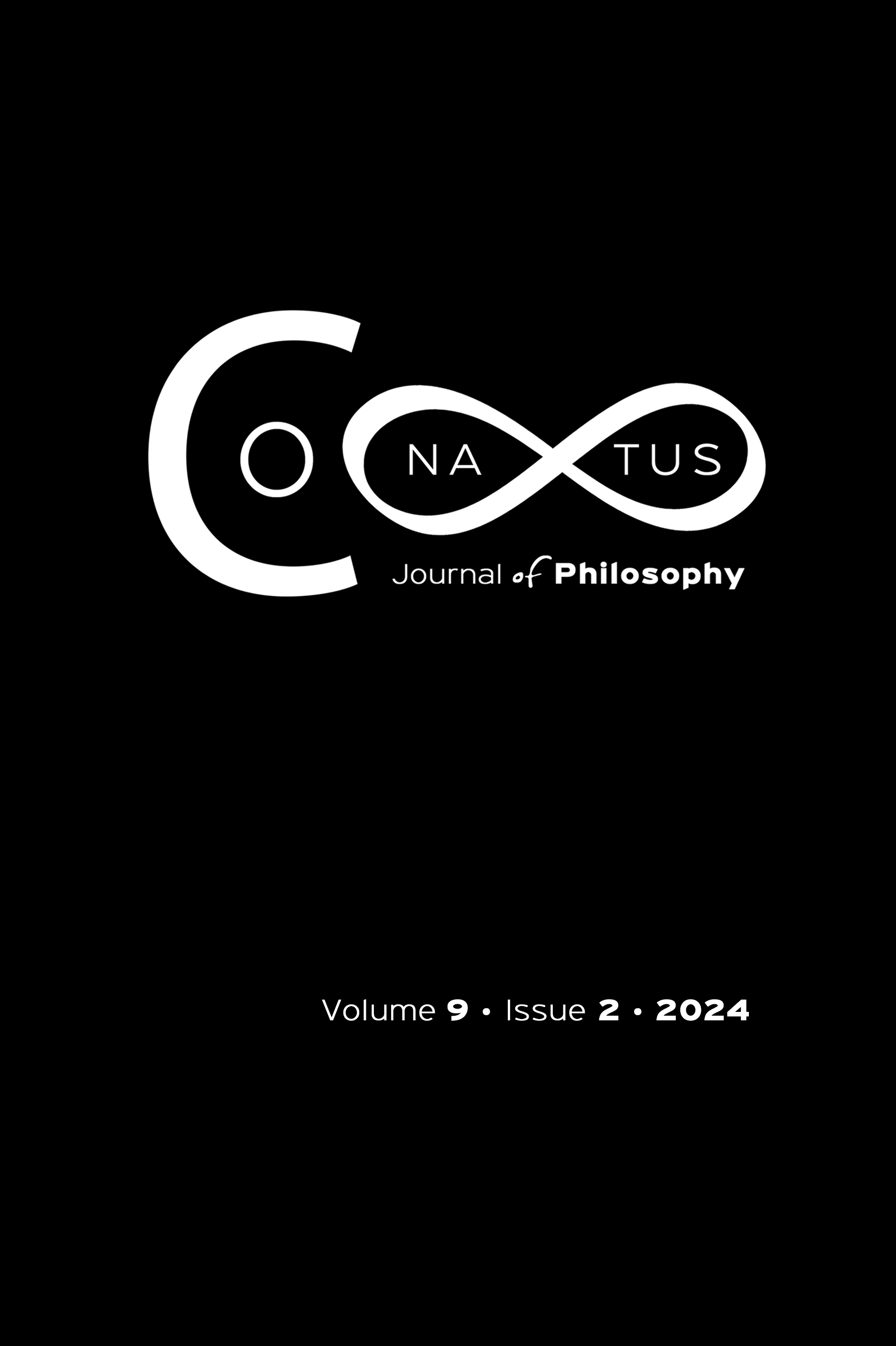The Communicative Dimension of Personal Autonomy

Abstract
Paul Benson and Andrea C. Westlund have proposed conceptualising personal autonomy in terms of the readiness to respond to criticism that targets the agent’s actions and intentions (Benson) or commitments (Westlund). While incorporating this dialogical facet into a theory of personal autonomy is a step in the right direction, a theory of personal autonomy that is exclusively construed in terms of this facet and that posits discursive accountability as the sole criterion against which actions, choices, and commitments can be judged as autonomous or not is too restrictive and entails counterintuitive ideas. In this article, an alternative conceptualisation is proposed, one that avoids reductively construing personal autonomy exclusively in terms of the discursive and communicative facet and that conceptualises this facet in terms of communicative spaces which agents can claim authority over and in which and through which they can take ownership of claims, actions, and commitments. This alternative conceptualisation is initially formulated – by way of analogy – in terms of the normative requirement to respect the physical space of individuals. The article also outlines a set of conditions which indicate when one should claim authority over communicative spaces and the manner in which one takes ownership of claims, actions, and commitments in order to be autonomous.
Article Details
- How to Cite
-
Pisani, K. (2024). The Communicative Dimension of Personal Autonomy. Conatus - Journal of Philosophy, 9(2), 223–247. https://doi.org/10.12681/cjp.34650
- Section
- Articles

This work is licensed under a Creative Commons Attribution-NonCommercial 4.0 International License.
Authors who publish with this journal agree to the following terms:
Authors retain copyright and grant the journal right of first publication with the work simultaneously licensed under a Creative Commons Attribution Non-Commercial International License (CC BY-NC 4.0) that allows others to share the work with an acknowledgement of the work's authorship and initial publication in this journal.
Authors are able to enter into separate, additional contractual arrangements for the non-exclusive distribution of the journal's published version of the work (e.g. post it to an institutional repository or publish it in a book), with an acknowledgement of its initial publication in this journal.
Authors are permitted and encouraged to post their work online (preferably in institutional repositories or on their website) prior to and during the submission process, as it can lead to productive exchanges, as well as earlier and greater citation of published work.





